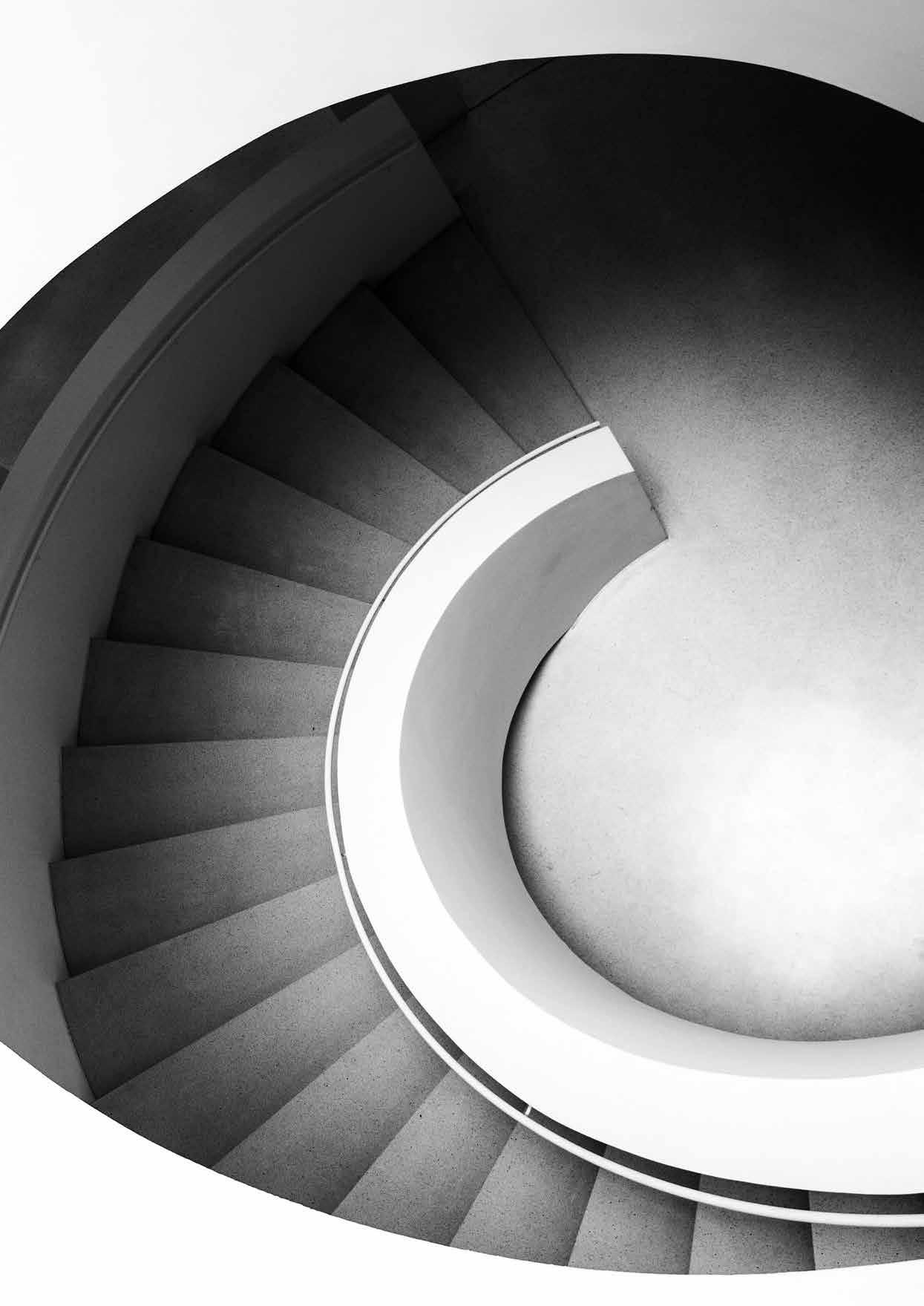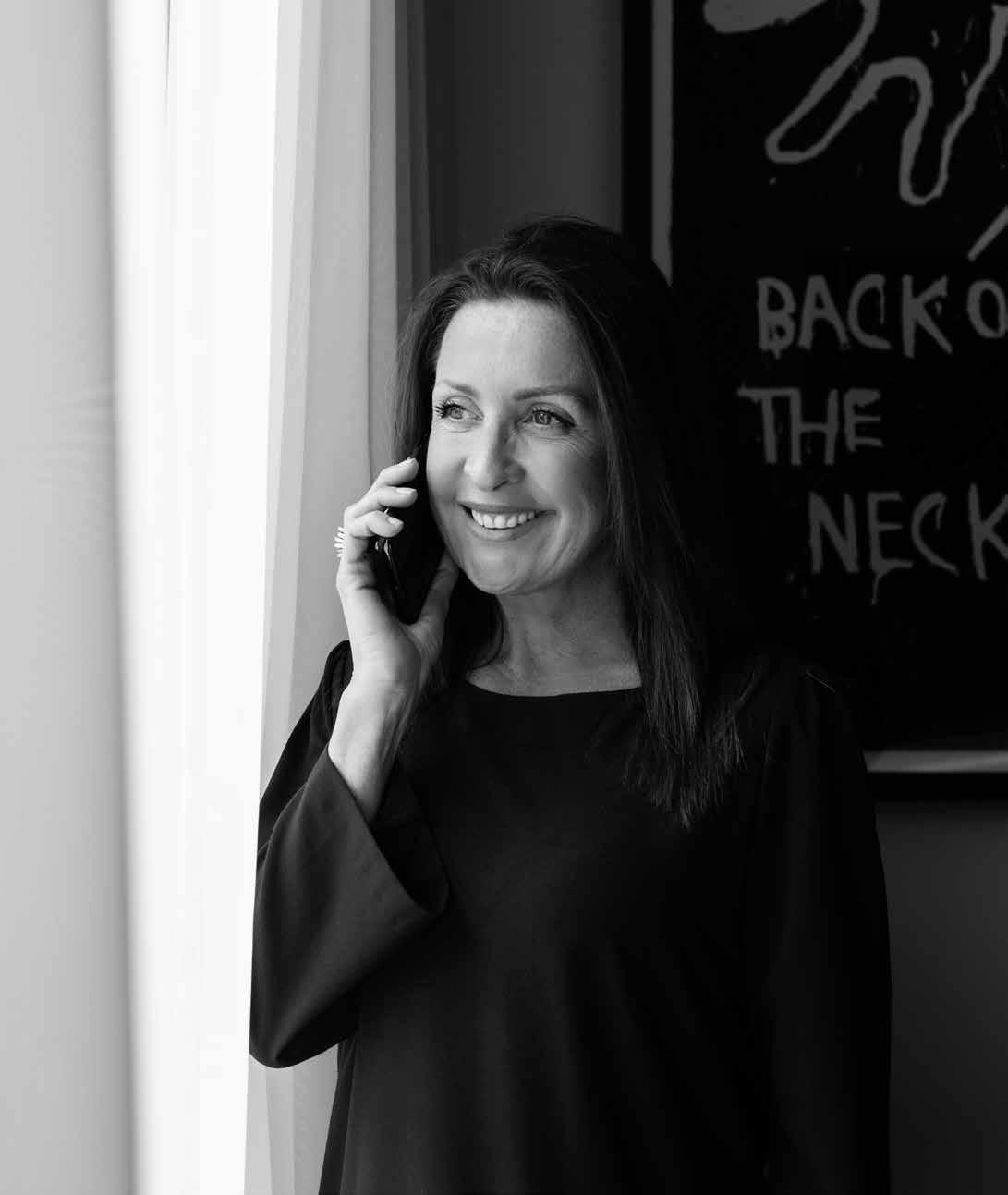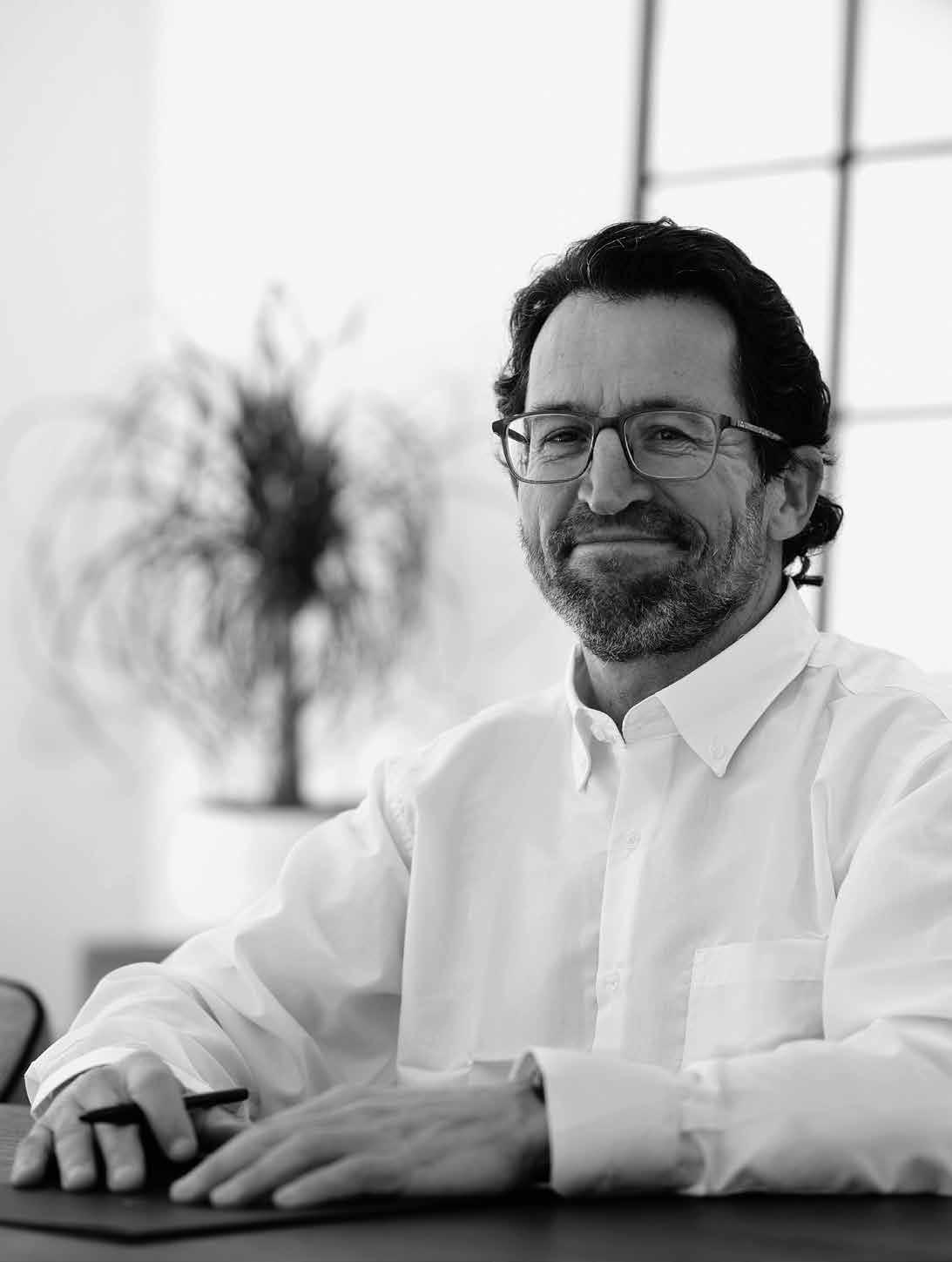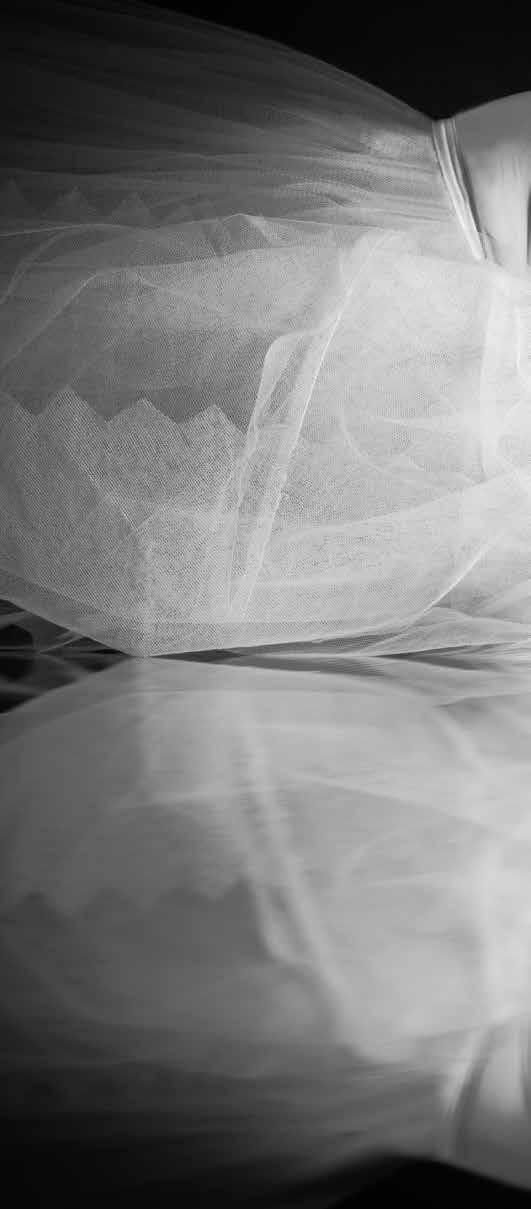
3 minute read
Property Buying Process In Mallorca: 6 Steps To Know 1.
Finding The Perfect Home
Owning property in Mallorca is a great opportunity to live in a secure environment and enjoy an exceptional lifestyle.
Advertisement
While many buyers today are looking for opportunities with outdoor living spaces and sunnier climates, Mallorca has become one of the most popular choices as it offers a perfect year-round climate, a diverse cultural lifestyle and an ever-growing property market with an attractive return on investment.
The agent advising you on your property purchase will need to fully understand your needs so that they can offer a tailor-made service and find the property you want. Like a director of the orchestra, your agent will be qualified to represent, coordinate and support you throughout the entire buying process, starting at the very beginning - the search.
Thanks to our collaboration and synergies at different business levels in Mallorca, our portfolio offers a careful selection of the best properties available on the market. When it comes to finding the ideal location, the perfect home and the desired environment, we act as a filter to save you time and travel, providing you with only those properties that perfectly match your search criteria and budget requirements.
Our aim is to make the property search process enjoyable and exciting by coordinating viewings, arranging meetings with architects, tax advisors, solicitors and making sure you understand all aspects of buying a property.

The Financing Process
Financing a property with a mortgage remains one of the most attractive options for buying a property in Mallorca as buyers can minimise the wealth tax, maintain liquidity and make the most of the low interest rates available today.
It is important each buyer understands the advantages and the different mortgage options offered by international and Spanish banks. In most cases, Spanish mortgages have no restrictions on the purchase price or the nationality of the buyer, the biggest difference in the maximum loan-to-value (LTV) that banks permit for resident and non-resident loans. Residents can generally borrow up to 80% of the property’s appraisal value. Non-residents are limited to 60–70% LTV, depending on the mortgage type and appraisal of the property.
The bank or the mortgage broker will arrange an appraisal for the mortgage application. The cost of a property appraisal varies according to the purchase price. Once the mortgage has been approved, the remaining funds will be needed to cover the remaining amount and purchase costs.
The maximum loan-to-value percentage and repayment terms vary depending on the bank, and a good mortgage broker can negotiate better terms and conditions for each client, as long as the applicant’s profile and solvency are appropriate. We can introduce you to the leading mortgage brokers in the Balearic Islands. They are one contact for all the banks and request preferential conditions and exclusive mortgage terms for all our clients.
The Loan To Value Ratio For Housing In Spain
Up to 80% of the property value for resident mortgages
60-70% of the property value for non-resident mortgages
STEP 1
Mortgage Application

When you contact the mortgage broker, they will arrange a meeting, study your information and will ask you to provide a series of documents for the application. They will prepare a report and submit it to the best banks for each client, based on their priorities.
STEP 2
Mortgage Approval
Once your application is approved, a property appraisal will be arranged, which takes 5-7 days. The property value will be checked and the mortgage amount confirmed. The formal offer will then be issued and once signed, will be sent to the Notary in preparation for completion.
Step 3
Mortgage Transaction
Once the notary receives the documents, by law these must remain in the notary 10 days before the transaction can be completed. The client must visit the notary prior to completion to confirm they understand the terms and conditions of the mortgage.
Step 4

Signing The Deed
On the day of completion both the mortgage and the public deed of sale are signed directly in front of the Notary. Once everything has been signed and paid, the clients will receive the keys to their property to start enjoying their new home.
MAKING AN OFFER 3.
From furnishings, the potential cost of repairs, deadlines for property reservation, deadlines for signing at the notary, to the methods of payment and handing over of the keys, there are many factors that affect the price to offer on a property.
We know how many aspects should be taken into account when closing a purchase deal. We therefore offer trustworthy advice, represent your interests and mediate in the negotiation process to obtain the most favourable terms and get the best out of the deal for all our clients.




Signing A Contract
When the property purchase price and payment terms have been agreed and the administrative paperwork has been checked, the seller and buyer can proceed with signing a private purchase contract and paying the reservation deposit.
The first contract is not the transfer of the ownership. It protects the right to buy after having paid for the option and means there is an obligation to sell within a predetermined period of time.
Usually 10% of the purchase price is paid as a deposit to reserve the right to purchase the property. This amount can be paid directly to the seller or deposited in an escrow account of a third party, normally the fiduciary account of the Notary.












